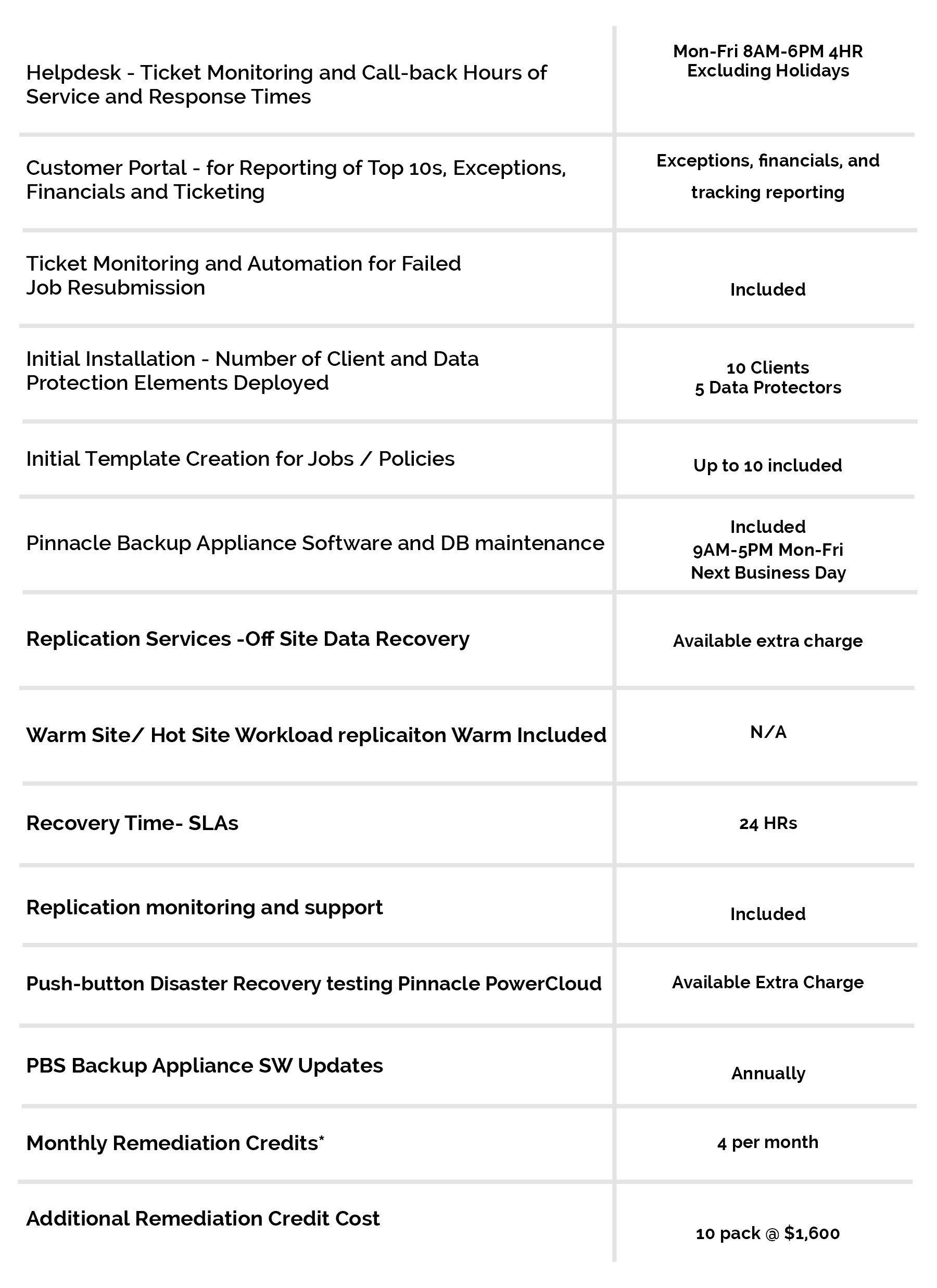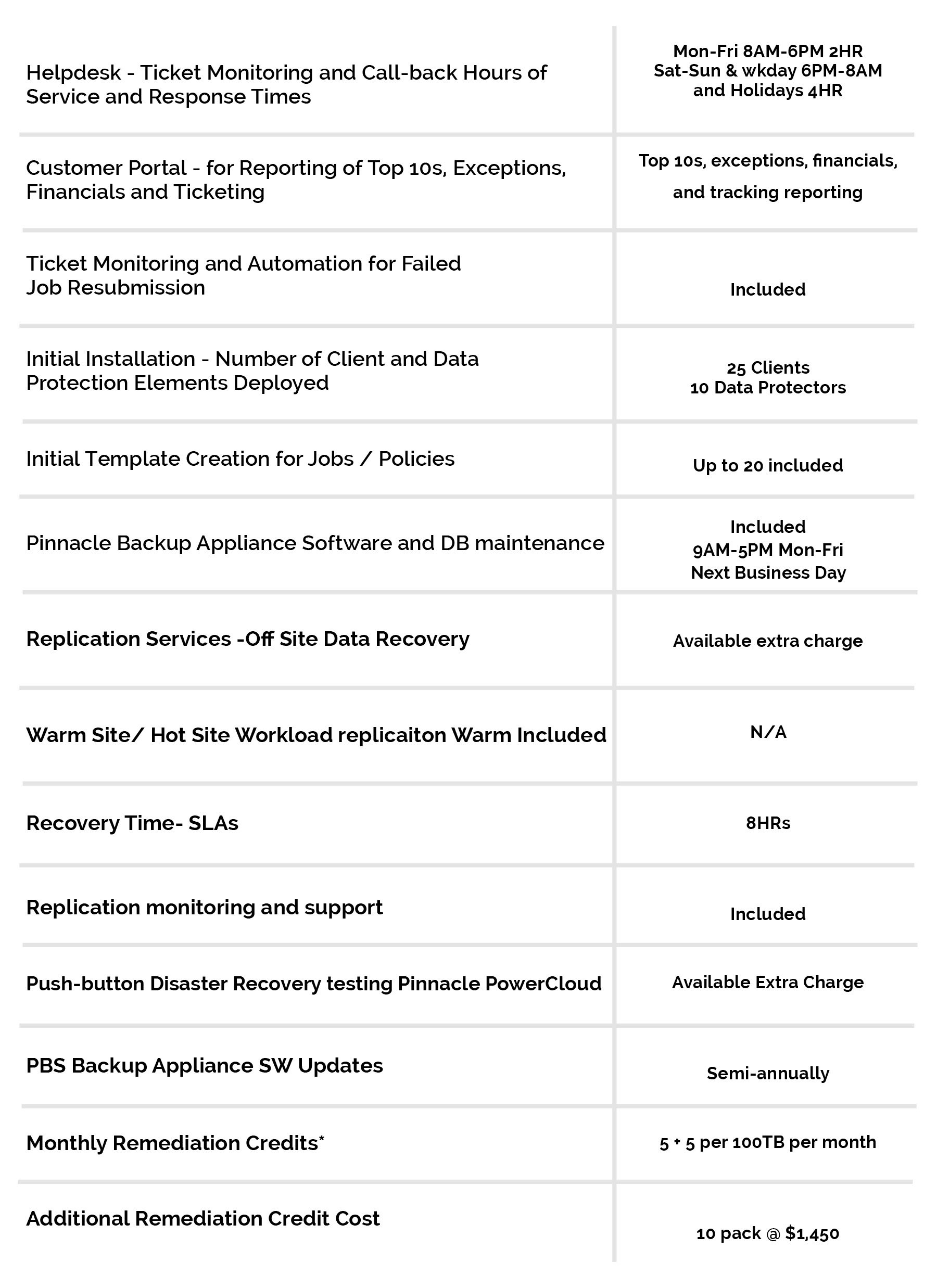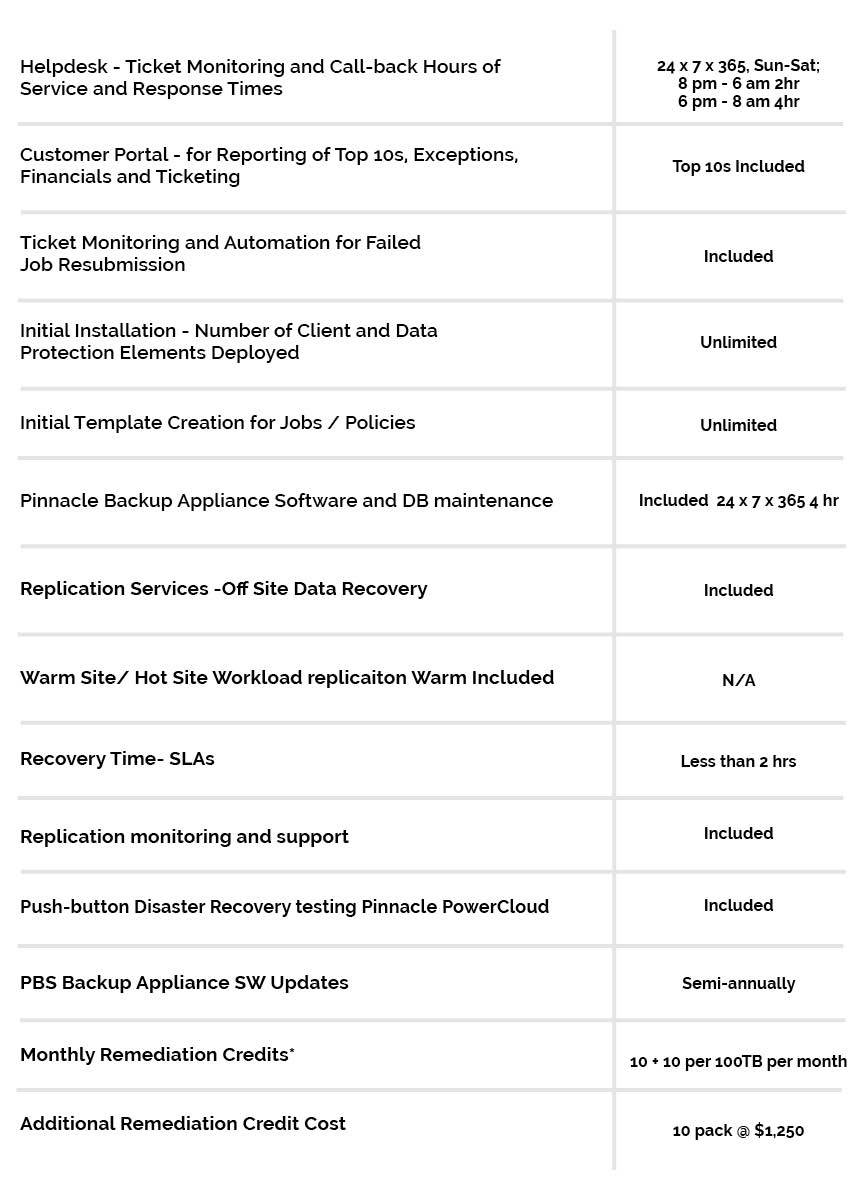23 Jan Why your business needs a big data analytics solution in 2018
Big data and analytics have been buzzwords across enterprise industries for years. However, some businesses have yet to take advantage of this impactful information-driven strategy. Even with supportive tools like the cloud enabling the use of increasingly large data sets, many organizations have a long ways to go with their analytics strategies – most have not yet achieved full maturity.
This creates an opportune time to further your company’s analytics strategy with a technological solution that can do the heavy lifting for you while helping you reach the next phase of analytics maturity.

Data analysis can identify opportunities for businesses to reduce costs, create new revenue streams and improve efficiency.
Matching and surpassing the competition
While this typically isn’t a popular argument, one of the main reasons a rising number of today’s businesses are looking towards data analytics is because their competition is doing so.
There has been a startling increase in adoption for big data analytics strategies – in 2017, more than 50 percent of companies were utilizing analytics to support business intelligence, Forbes contributor Louis Columbus reported. This is a significant surge from the 17 percent who said they were doing so in 2015.
In this type of environment, organizations that don’t capitalize on the amount of data they have on hand related to customers and business operations seriously risk falling behind others in their marketplace. Data analytics has been proven to provide a competitive edge, allowing stakeholders to glean critical insights about emerging consumer demands and the best ways to increase efficiency within their daily operations.
Big data is no longer a luxury – analytics now represents a mission-critical process that all companies should be leveraging to their advantage.
Beneficial use cases
The ways to analyze different data sources to reveal an array of insights are nearly endless. According to Harvard Business Review contributor Randy Bean, not only are businesses using a variety of different use cases, but the vast majority are proving valuable. A survey of Fortune 1000 companies found that just over 80 percent of executives note that their big data investments have been successful for their organization.
Organizations have found certain use cases the most impactful:
-
-
- 49.2 percent of companies have seen value from using analytics to reduce overall expenses.
- 44.3 percent have discovered new routes for company innovation.
- 36.1 percent have supported the launch of new products/services.
- 32.8 percent have identified additional revenue sources.
-
-
Technology to support maturity
Gartner found that currently, most businesses are still at the descriptive or diagnostic phases of analytics, where analysis reveals what happened and why. In order to progress to the predictive and prescriptive phases – where more forward-looking insights are discovered – businesses must have the right tools in place.
This is where a big data analytics solution becomes so critical. It’s not enough for companies to tie disparate systems together – analysts need more unified, robust solutions to ensure that analysis can support the necessary insights and investments.
Decision-makers should seek out technology that can enable predictive results while supporting performance management and business intelligence.
To find out more, connect with the experts at Pinnacle today.





